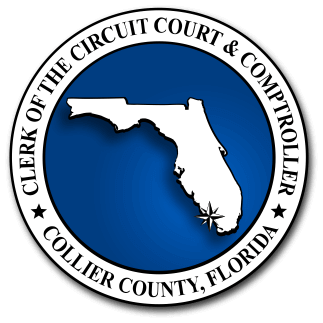Email threats continue to be a pressing concern for our community. With the nation’s widespread digital connectivity, cybercriminals capitalize on the familiarity of email to launch attacks on your computer. From phishing attempts that mimic trusted entities, to malicious attachments containing malware, these threats attempt to compromise your data and financial security. High-profile breaches targeting U.S. citizens and organizations emphasize the need for constant vigilance even on our home computers. By adopting proactive measures and fostering cyber awareness, citizens can thwart email threats and safeguard their digital interactions.
- Stay cautious of unsolicited emails: Scammers usually are the first to initiate a conversation.
- Check the Sender’s Email Address: Examine the sender’s email address closely. Be cautious if it’s misspelled, contains random characters, uses multiple fonts to look like the original address, or uses a domain that’s slightly different from the official domain of the organization.
- Verify Links: Hover your cursor over any links without clicking on them. The actual URL will appear in the bottom corner of your browser. Make sure the URL matches the official website of the organization and doesn’t redirect to a suspicious site.
- Avoid Urgent Requests: Be skeptical of emails that create a sense of urgency, requiring immediate action. Scammers often use this tactic to pressure recipients into making hasty decisions.
- Inspect Attachments: Don’t open attachments unless you’re expecting them and are certain they’re safe. Malicious attachments can contain malware.
- Verify Requests for Personal Information: Legitimate companies usually won’t ask you to provide sensitive information (such as passwords or credit card numbers) via email.
- Don’t Trust Caller ID: Some phishing emails include phone numbers to call for verification. However, these can be fake as well. Always use official contact information from the organization’s official website or from your records of dealing directly with the entity e.g., the number on the back of your credit card vs. the number calling you.

The Collier County Clerk of Courts office takes all threats very seriously and continuously tries to adopt proactive countermeasures to reduce the risk affecting our users and the constituents we serve. Starting from having one of the best in the market Secure Email Gateway solutions, which includes an innovative approach to protect against advanced spear-phishing, other zero-day attacks, polymorphic malware, and weaponized documents, to an active Cybersecurity Training and Awareness program that all employees must pass, we constantly review all aspects of security.
The CIT department conducts Risk Assessments executed by a third-party partner, which gives us comprehensive input to proactively address potential threats, close security gaps, make well-informed decisions, allocate resources effectively, and enhance overall security.
We are currently in the process of adopting additional security frameworks, which will offer a structured approach to bolster our cybersecurity defenses, indirectly addressing phishing threats through a holistic approach to risk management, protection, detection, response, and recovery. By aligning with this framework, the Clerk’s office can establish a stronger foundation for countering various cyber threats.
